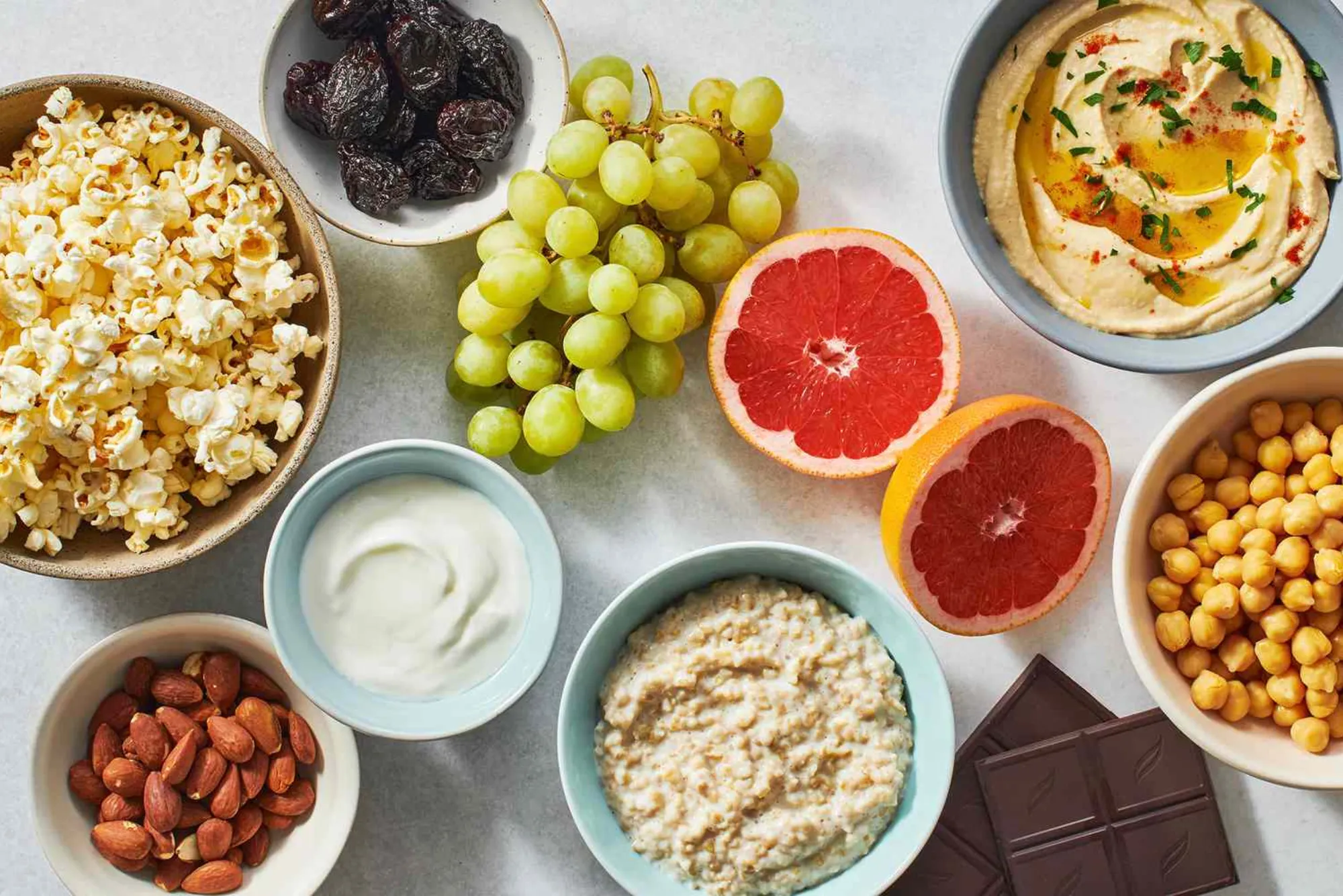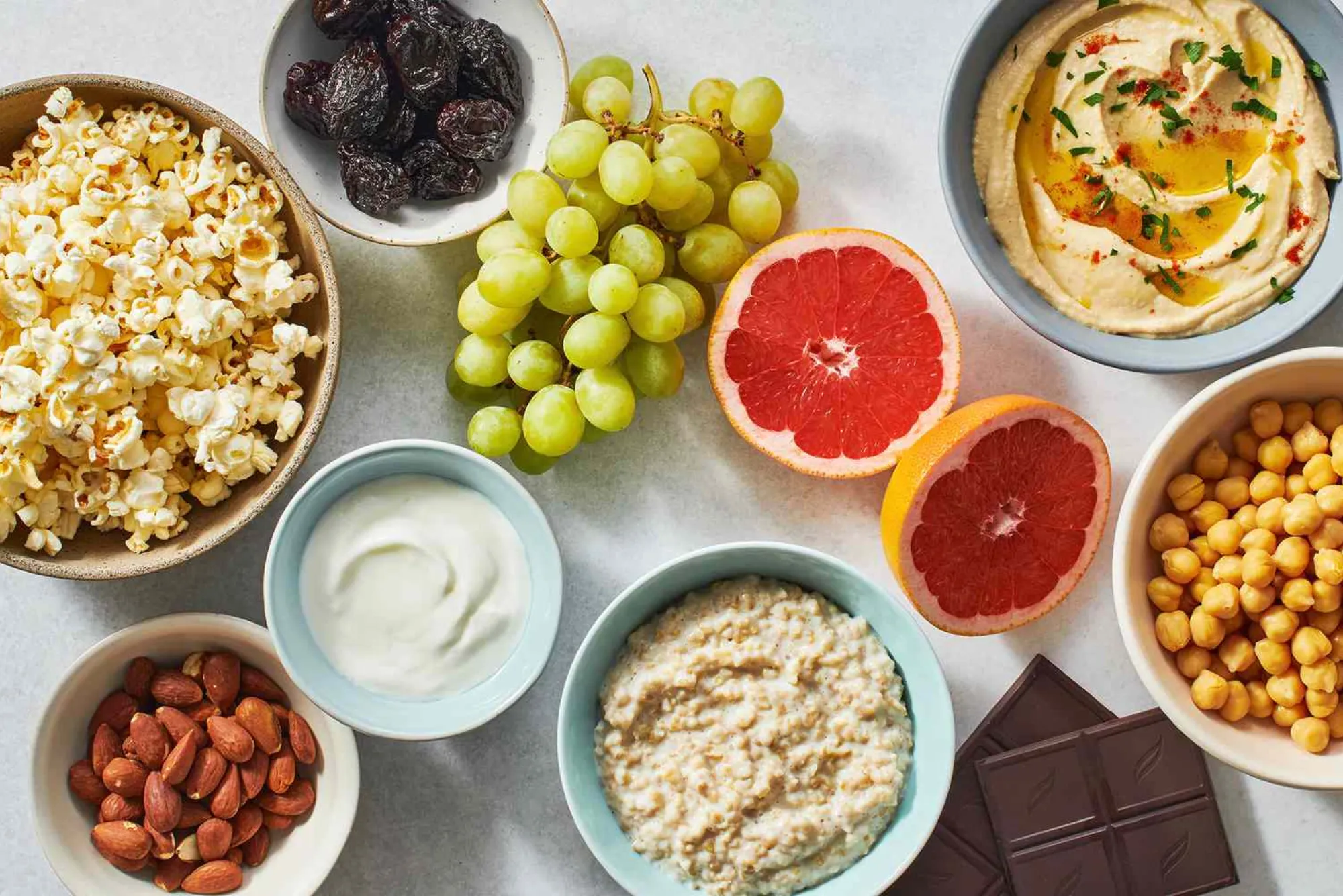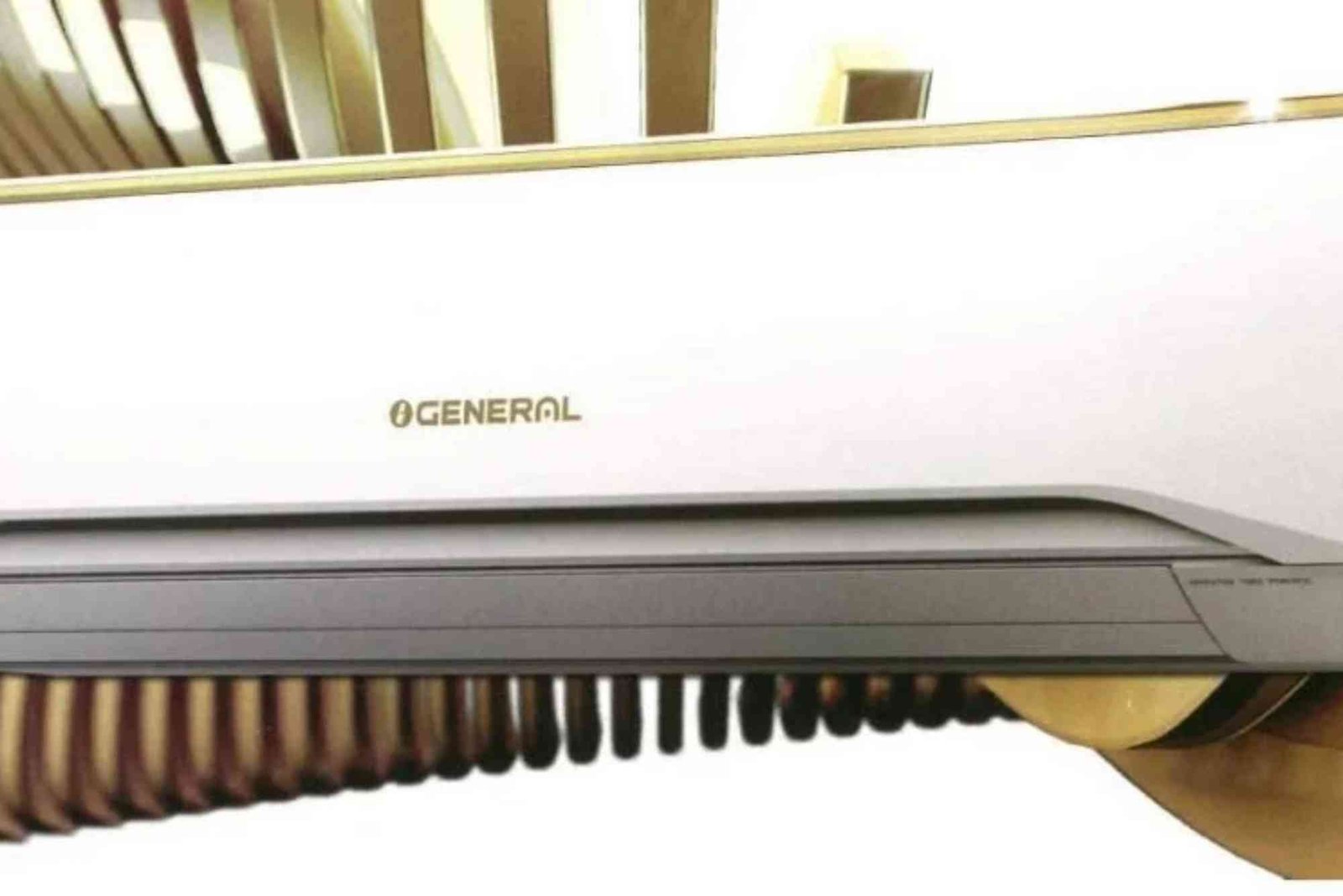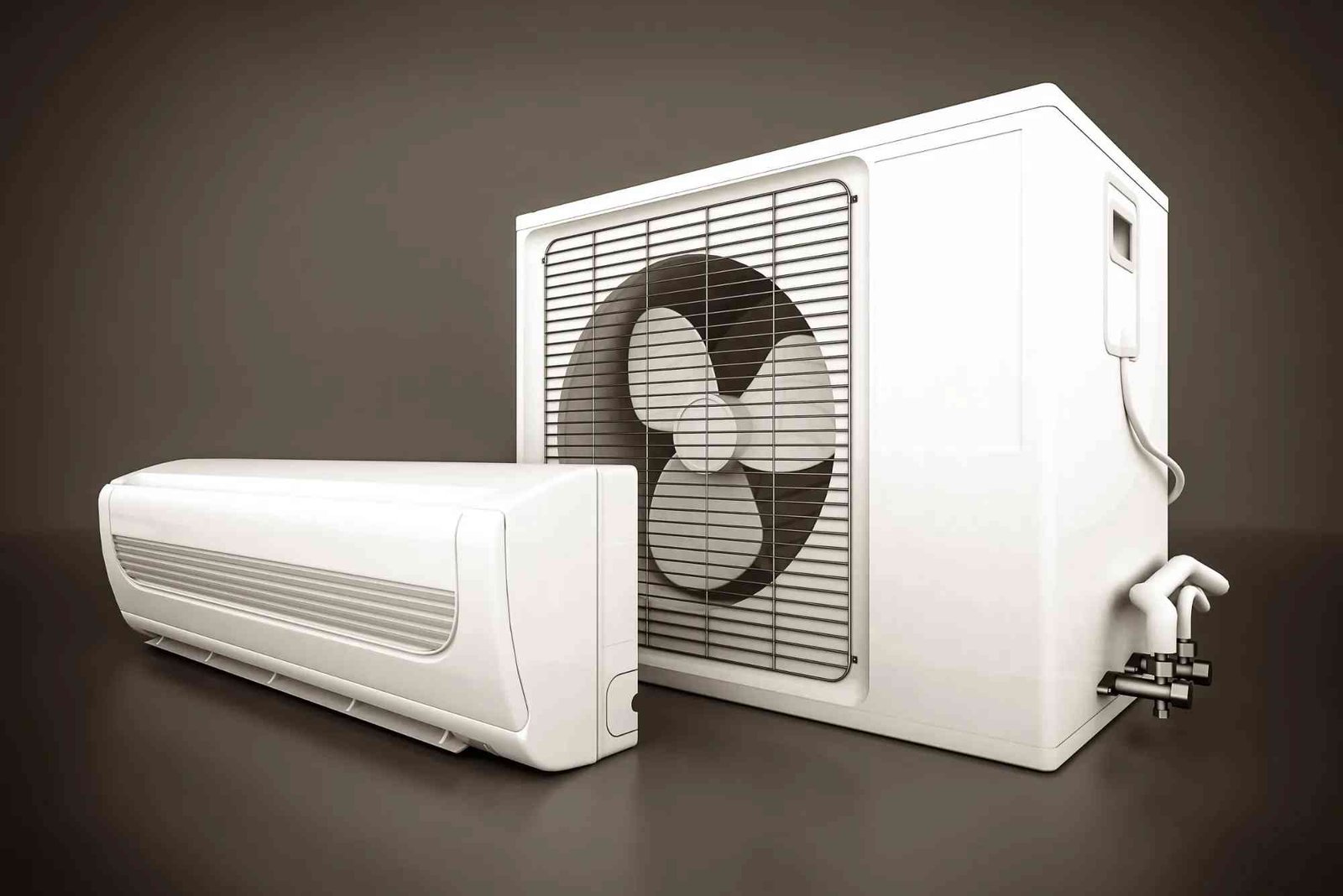Healthy snacking has become an essential part of maintaining a balanced diet. Rather than indulging in processed, high-sugar snacks, incorporating nutritious snacks into your daily routine can significantly improve your overall well-being. This article will explore the benefits of healthy snacks, different types of snacks, how to choose them wisely, and how to prepare easy snacks at home.
Benefits of Healthy Snacks
Nutritional Benefits
Healthy snacks provide essential vitamins and minerals that your body needs for proper functioning. Nutrient-dense snacks, such as fruits, nuts, and whole grains, supply your body with protein, fiber, and healthy fats that can keep you satisfied between meals.
Energy Boost
Healthy snacks can maintain energy levels throughout the day. Eating small, nutrient-rich snacks between meals helps avoid energy crashes and keeps your metabolism steady.
Weight Management
Consuming healthy snacks at regular intervals can aid in weight management by curbing hunger and preventing overeating during main meals. By controlling portion sizes and choosing the right snacks, you can maintain a healthy weight.
Mental Clarity and Focus
Snacking on nutritious foods helps improve cognitive function. Healthy snacks like nuts, seeds, and fruits provide essential nutrients that support brain health, keeping your mind sharp and focused.
Types of Healthy Snacks
Fruits and Vegetables
Fresh fruits and vegetables are some of the best snacks you can consume. They are packed with vitamins, minerals, and fiber, all while being low in calories. Consider fresh apple slices, carrot sticks, or a fruit smoothie for a refreshing snack.
Nuts and Seeds
Nuts and seeds, such as almonds, walnuts, and chia seeds, are rich in protein and healthy fats. These snacks provide long-lasting energy and are easy to take on the go.
Whole Grains
Snacks made from whole grains, such as popcorn, whole grain crackers, and granola bars, are excellent sources of fiber. These snacks help keep you full for longer and support healthy digestion.
Protein-Packed Snacks
Yogurt, cheese, and boiled eggs are excellent protein-rich snacks. These options help repair muscles, boost metabolism, and keep you satisfied between meals.
Low-Calorie Snacks
For those looking to cut down on calories, air-popped popcorn, cucumber slices, and rice cakes are great options. These snacks are low in calories but still provide essential nutrients.

How to Choose the Right Healthy Snacks
Reading Nutrition Labels
When selecting store-bought snacks, it’s important to read nutrition labels. Pay attention to the sugar, fat, and sodium content to ensure the snack fits into a healthy diet.
Portion Control
Even healthy snacks should be consumed in moderation. Overeating healthy snacks can lead to weight gain. Stick to appropriate portion sizes for optimal benefits.
Avoiding Processed Snacks
Processed snacks often contain unhealthy ingredients like added sugars, trans fats, and preservatives. Opt for whole foods and natural ingredients for a healthier snack option.
Snack Timing
The timing of snacks is also important. Eating small snacks between meals, particularly in the morning or afternoon, helps maintain energy and prevents overeating at mealtimes.
Healthy Snack Recipes
Simple DIY Snack Ideas
Greek Yogurt with Berries: A combination of high-protein Greek yogurt and fresh berries makes for a satisfying, nutrient-packed snack.
Avocado Toast: Spread mashed avocado on whole-grain toast and sprinkle with salt and pepper for a quick, healthy snack.
Veggie Sticks with Hummus: Slice carrots, cucumbers, and bell peppers and pair them with hummus for a fiber-rich snack.
Kid-Friendly Snacks
Kids can enjoy healthy snacks, too! Consider making banana slices with peanut butter, apple slices with cinnamon, or mini vegetable wraps.
On-the-Go Snack Ideas
For busy schedules, pack trail mix, whole-grain crackers, or protein bars to keep your energy up throughout the day.
Snacks for Special Dietary Needs
Gluten-Free Snacks
For those avoiding gluten, try snacks like rice cakes, gluten-free granola, or quinoa chips.
Vegan and Vegetarian Snacks
Vegan and vegetarian options include hummus with veggies, nut butters, and plant-based protein bars.
Low-Carb Snacks
If you’re following a low-carb diet, go for cheese slices, nuts, and boiled eggs.
Allergy-Friendly Snacks
For individuals with food allergies, snack options include seed butter with fruit, dairy-free yogurt, and gluten-free crackers.

Common Myths about Healthy Snacks
Myth 1: All Snacks are Unhealthy
Not all snacks are bad! Choosing nutrient-dense options can make snacking a healthy part of your diet.
Myth 2: Healthy Snacks Don’t Taste Good
Healthy snacks can be just as delicious as regular snacks. With a variety of fruits, nuts, and grains to choose from, there’s always something tasty available.
Myth 3: You Can’t Snack and Lose Weight
Eating small, nutritious snacks can help manage hunger and prevent overeating, making it easier to control your weight.
Myth 4: Only Fresh Foods Count as Healthy Snacks
Dried fruits, roasted nuts, and whole-grain snacks are also healthy, as long as they don’t contain added sugars or preservatives.
Incorporating healthy snacks into your daily routine can have a significant positive impact on your overall health and well-being. By choosing the right snacks, paying attention to portion sizes, and avoiding processed options, you can maintain a balanced diet and enjoy the benefits of healthy snacking.
Table: Healthy Snack Options at a Glance
| Type of Snack | Examples | Nutritional Benefits |
|---|---|---|
| Fruits and Vegetables | Apple slices, carrot sticks | Vitamins, minerals, fiber |
| Nuts and Seeds | Almonds, chia seeds | Protein, healthy fats |
| Whole Grains | Popcorn, whole grain crackers | Fiber, sustained energy |
| Protein-Packed Snacks | Yogurt, boiled eggs, hummus | Protein, muscle repair |
| Low-Calorie Snacks | Air-popped popcorn, rice cakes | Low in calories, high fiber |
Frequently Asked Questions (FAQs)
Q1: What are some quick and easy healthy snacks?
Some quick and easy snacks include Greek yogurt with berries, air-popped popcorn, and veggie sticks with hummus.
Q2: Can I eat healthy snacks if I’m trying to lose weight?
Yes! Healthy snacks like fruits, vegetables, and nuts can help manage hunger and prevent overeating, making it easier to maintain or lose weight.
Q3: Are there healthy snack options for people with food allergies?
Absolutely! There are plenty of allergy-friendly snacks like gluten-free crackers, dairy-free yogurt, and seed butter with fruit for people with allergies.
Q4: What’s the best time of day to eat healthy snacks?
Healthy snacks are best consumed between meals, such as mid-morning or mid-afternoon, to keep your energy levels stable and prevent overeating at mealtime.
Q5: Can healthy snacks be tasty?
Yes, healthy snacks can be delicious! Options like fruit smoothies, avocado toast, and nut butter with apples are both healthy and flavorful.



